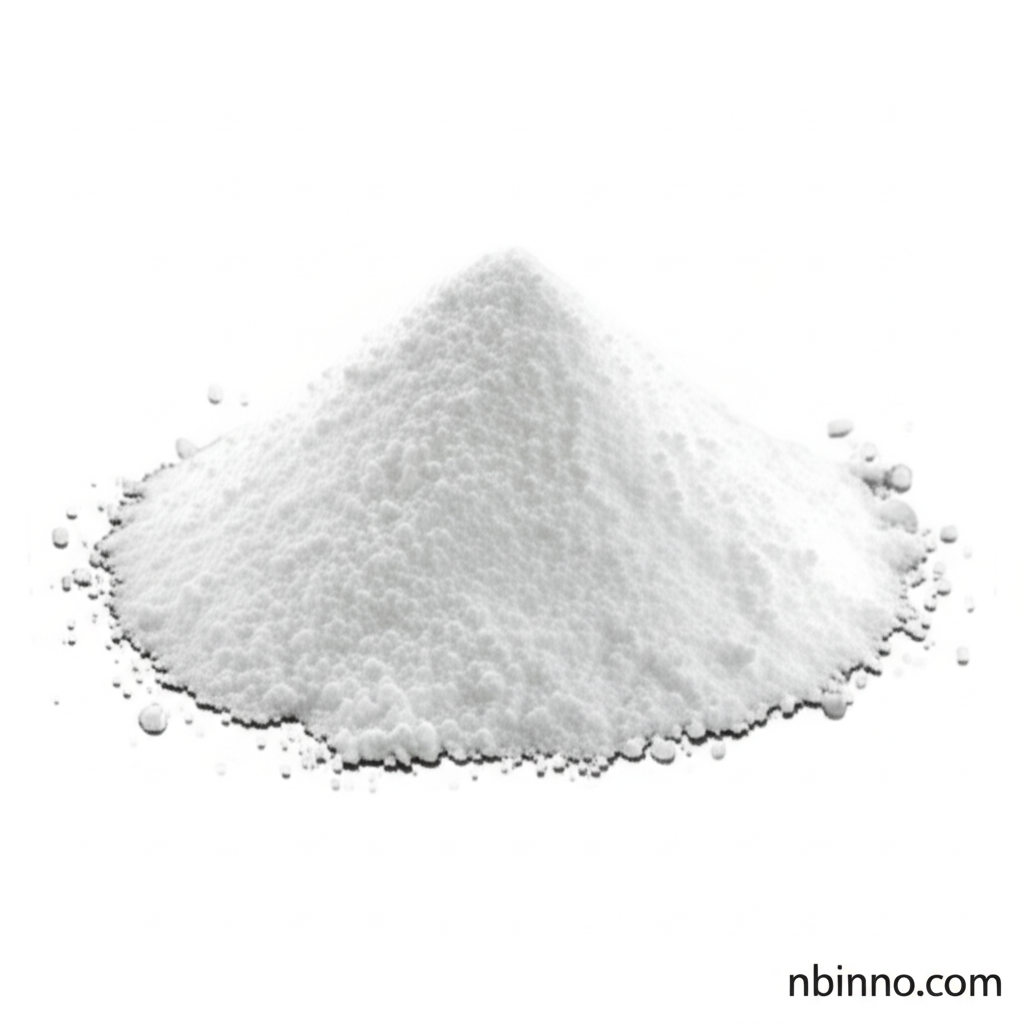Benserazide Hydrochloride: Enhancing Parkinson's Treatment
Discover the crucial role of Benserazide Hydrochloride in Parkinson's therapy and its potential beyond.
Get a Quote & SampleProduct Core Value

Benserazide Hydrochloride
Benserazide Hydrochloride is a vital pharmaceutical intermediate known for its role as a peripheral decarboxylase inhibitor. It is primarily used in conjunction with Levodopa to manage Parkinson's disease by preventing the premature breakdown of Levodopa, thereby increasing its concentration in the brain and enhancing therapeutic effectiveness. This combination significantly improves motor functions and helps manage both motor and non-motor symptoms associated with Parkinson's disease.
- Leverage Benserazide Hydrochloride in Parkinson's disease treatment to achieve better patient outcomes.
- Explore the benefits of Levodopa combination therapy for Parkinson's, where Benserazide plays a key role.
- Understand the advantages of decarboxylase inhibitor benefits in neurological drug development.
- Achieve improved Parkinson's motor function improvement through strategic therapeutic combinations.
Key Advantages
Enhanced Levodopa Efficacy
By inhibiting peripheral decarboxylation, Benserazide ensures more Levodopa reaches the brain, amplifying its therapeutic impact on Parkinson's symptoms, a key aspect of Parkinson's disease treatment.
Improved Motor Function
The synergistic effect of Levodopa and Benserazide hydrochloride contributes significantly to the Parkinson's motor function improvement, offering patients better control and mobility.
Reduced Side Effects
Preventing peripheral conversion of Levodopa to dopamine minimizes peripheral side effects, making the treatment more tolerable and focusing benefits on the central nervous system, a crucial decarboxylase inhibitor benefit.
Key Applications
Parkinson's Disease Management
Benserazide Hydrochloride is a cornerstone in managing the motor and non-motor symptoms of Parkinson's disease, central to its primary use in Parkinson's disease treatment.
Drug Development
Its established efficacy makes it a valuable component in the development of new neurological therapies and a key element in Levodopa combination therapy for Parkinson's.
Medical Research
Emerging research explores the Benserazide neuroprotection research potential in conditions beyond Parkinson's, such as ischemic stroke, highlighting its broader therapeutic possibilities.
Pharmaceutical Intermediate
As a high-purity API, it serves as a critical intermediate for pharmaceutical manufacturers aiming for quality and efficacy in their final products.
